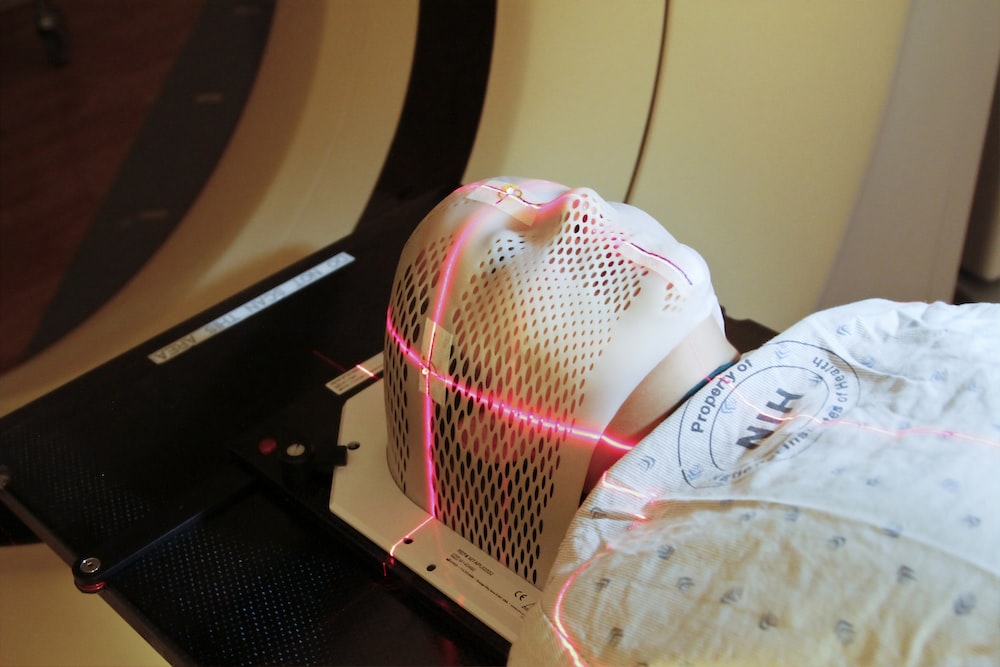Laser scar treatment can fade various skin scars but can’t eliminate them. It’s best for people with a lighter skin tone and can’t treat deep or dark scars or wrinkles.
Before laser treatment, it’s important to quit smoking and avoid taking aspirin and other medications that may delay healing. You’ll also need to take precautions against sun damage.
What Is a Laser Scar Treatment?
A laser treatment for scars Princeton, NJ uses light to destroy the tissue that makes up a scar and encourage the growth of new skin cells. It can also treat warts, age spots, and other skin problems.
During the procedure, your doctor will apply a topical anesthetic and sometimes sedation to ensure you don’t feel pain. After the procedure, you may experience mild redness and stinging like a sunburn.
This is because your body is trying to repair the scarred area by replacing the damaged skin cells. Once the area heals, it will be much less noticeable.
How Does a Laser Scar Treatment Work?
After an injury, the body creates a scab that eventually falls off and leaves behind scar tissue. These types of scars are generally darker than the surrounding skin, and laser treatments can reduce their appearance by smoothing out the tone and texture of the affected area.
A physician may recommend laser resurfacing treatments for some different types of scars. These types of lasers can remove pigment and stimulate the growth of new cells to make scars less noticeable.
Before the laser treatment, a patient should avoid smoking and any medications or supplements that could interfere with blood flow. Patients should also avoid using skincare products containing glycolic acid or retinol for two weeks before the treatment.
A patient should regularly clean the treated area and apply healing ointments during the full treatment course, which often includes four to six sessions. This can help ensure the skin heals correctly and achieves the desired outcome.
How Long Does a Laser Scar Treatment Take?
As the scar heals, it fades and becomes less noticeable. You will also experience smoother skin texture and tone.
Laser treatments don’t make your scar disappear entirely but can help minimize its appearance. They don’t treat all types of scars, so it’s important to consult a doctor to see the type best for your situation.
The procedure occurs in a doctor’s office, and you may be given a topical anesthetic or oral sedative to prevent discomfort. Depending on your needs during the treatment, beams of light remove or poke holes in the scar tissue. Then, the body will create new, healthy tissue to replace the scar tissue. You will need multiple treatment sessions to see the desired results.
What Are the Side Effects of a Laser Scar Treatment?
Laser scar revision is a non-invasive treatment that does not produce any significant side effects. Some patients may experience redness or swelling of the skin in the treated area, but these side effects are mild and subside quickly.
Mild itching may also occur after treatment. This is more common in people with darker skin tones. Changes in pigmentation can happen as well, though this is usually temporary and less noticeable in darker skin tones.
When considering laser scar removal, speak with a medical professional to learn more about your options and the potential results. The doctor can give personalized instructions and recommendations for achieving your desired outcomes. They will ask about your current and past medical history and any medications and supplements you take.
How Can I Get a Laser Scar Treatment?
If you have scars that itch or are uncomfortable, laser treatment can help by stimulating new skin tissue to grow over the affected area. This can reduce the appearance of scars and make them blend more naturally with the surrounding skin.
Before a treatment, your doctor will mark the area and may inject a local anesthetic or apply a numbing cream. They may also put wet gauze or towels around the area to absorb laser pulses that could affect healthy skin tissue.
Your doctor will also discuss your medical history and may advise you against laser treatments if you have light sensitivity or are taking blood thinners to prevent bleeding. It would help if you also avoid direct sun exposure after the procedure. Because this is a cosmetic procedure, health insurance does not typically cover the cost.




